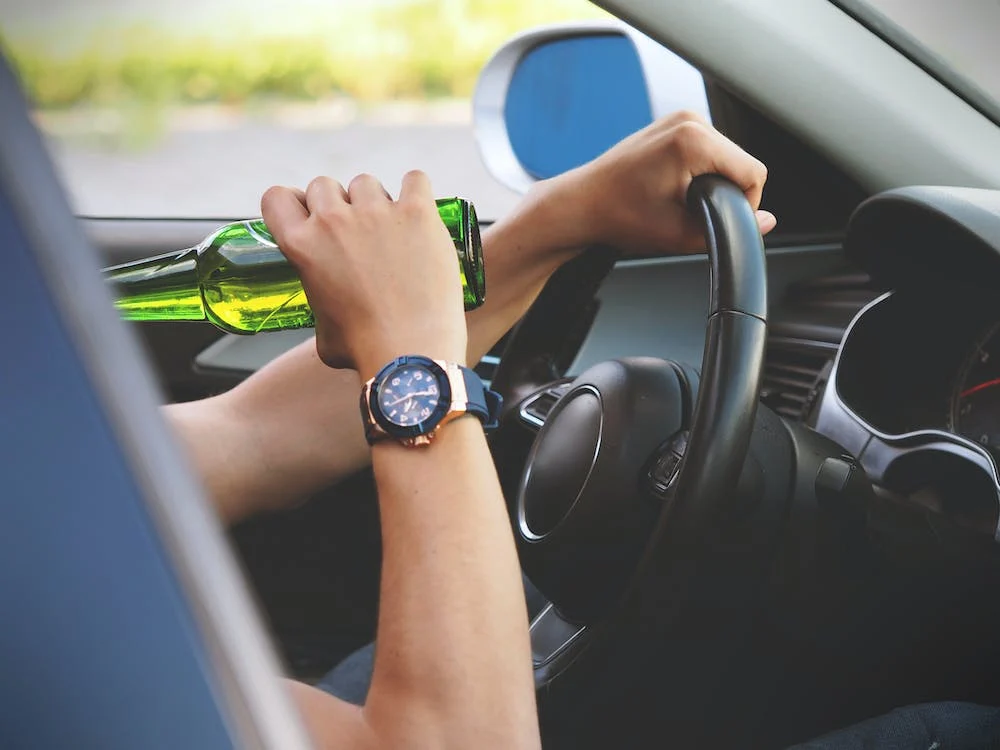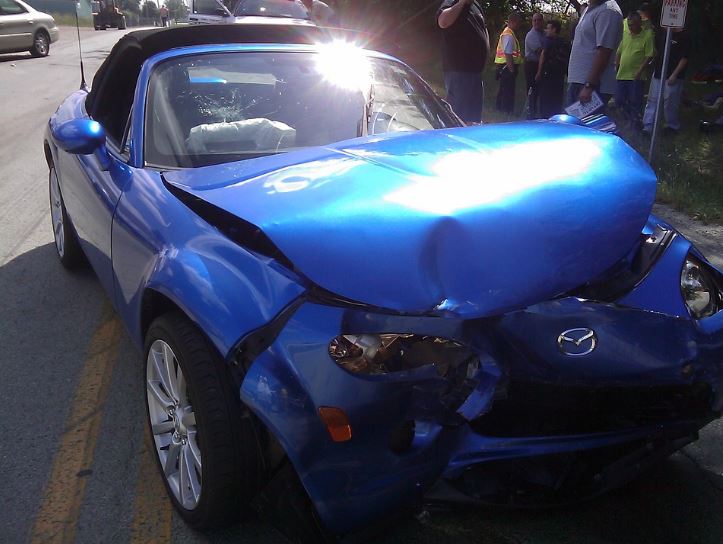Drunk driving is never a good idea. However, sometimes people get caught in situations that they cannot change or predict, and they make the wrong decision. If you do get stopped for drinking and driving in New York, there are a few things that you need to know.
DWI Charges
According to New York laws, DWI refers to driving while intoxicated. A confusion that sometimes occurs is when people mistake DWIs for DUIs, which are similar. Both are impacted by alcohol, but DUI or driving under the influence can also refer to drug use and has similar penalties to face if caught. For DWI, this more specifically means that the driver is operating their vehicle with a blood alcohol content of 0.08 or higher. A police officer will typically determine your BAC, or blood alcohol content, through a breathalyzer test. After determining you are intoxicated, there will be penalties to face.
Legal Advice
A DWI is among some of the more severe changes a New York driver can face. A conviction for driving while intoxicated in New York can give you a misdemeanor record. In some cases, you might even receive a felony record for drunk driving. A drunk driving accident attorney can often provide legal advice and help you weigh your legal options if you receive DWI charges. You may be able to escape DWI charges with an experienced lawyer, with common strategies often looking at the legitimacy of the breath test and its administration. If police officers don’t follow the correct protocol, or if there was no reason for a police stop, charges may be dropped. Of course, the severity of the charges will determine how difficult it is to win your case to have them dropped.
Underage Drinking And Driving
The city and state of New York has zero tolerance when it comes to underage drinking, which translates to the fact that anyone under 21 can be found guilty of driving while intoxicated if they have a blood alcohol level of 0.02 or higher, much lower than the 0.08 level for those that are of the legal drinking age.
Common Law DWI
A common misconception about drinking and driving is that you have to test appropriately when it comes to the breathalyzer and that if you blow beneath the specified levels that indicate intoxication, you cannot be found guilty or be arrested. However, a person can still be convicted of impairment if they are showing signs of such. This includes slurred speech, erratic and dangerous driving, or bloodshot eyes. You can be immediately arrested even without the blood alcohol measurement.
Legal Penalties For Driving While Intoxicated
The penalties for driving while intoxicated will vary according to different factors. The level of the blood alcohol content in your blood, as well as how many previous offenses you have, will result in different penalties such as fines, jail time, and the suspension of your license. Even if you have the lowest possible alcohol content in your blood, and you have no previous offenses, you can still get a combination of the previously stated penalties.
Additionally, if you have a significant amount of alcohol in your blood, or you have multiple previous offenses on your record, the penalties you get can be significantly more severe, extending to years of jail time, and severe fines. This is also not considering other impacts of your drunk driving. If others were involved, including drivers, pedestrians, your own passengers, and property, you will likely see more penalties that reflect the amount of damage that has occurred. If there are fatalities that occurred as a result of the drunk driver, they will be charged with vehicular homicide or manslaughter.
Additional Penalties
In addition to the penalties stipulated when you are caught driving drunk, there are also other penalties to consider. Even if it was just getting pulled over for drunk driving and no one was hurt or injured, a DWI will impact your insurance rates, causing the premiums to skyrocket. If your DWI results in a criminal record, you will find that it can be difficult to find employment, take out loans, get approved for housing, or travel. No matter the level of severity of your DWI charges, it will not be a good time for you as the driver.
Getting pulled over by the police is an experience that is oftentimes not a positive one. Giving the police a reason to pull you over for impaired driving and while being intoxicated will be a miserable time. It is wise to have an understanding of what occurs when you are pulled over, as well as to know about the various penalties and repercussions you might face. The more important reason for knowing these facts is to help you find a reason to avoid drunk driving in the first place.


